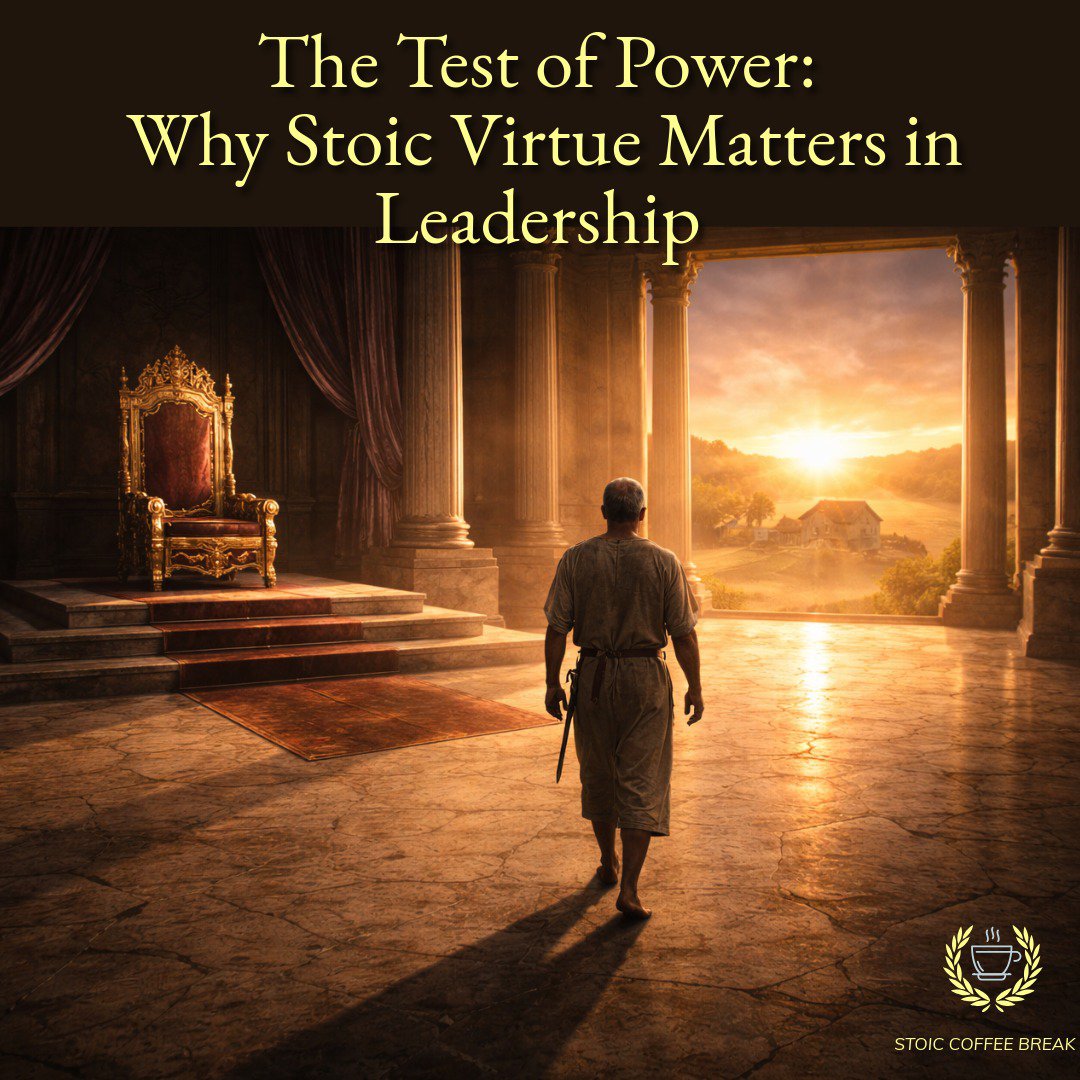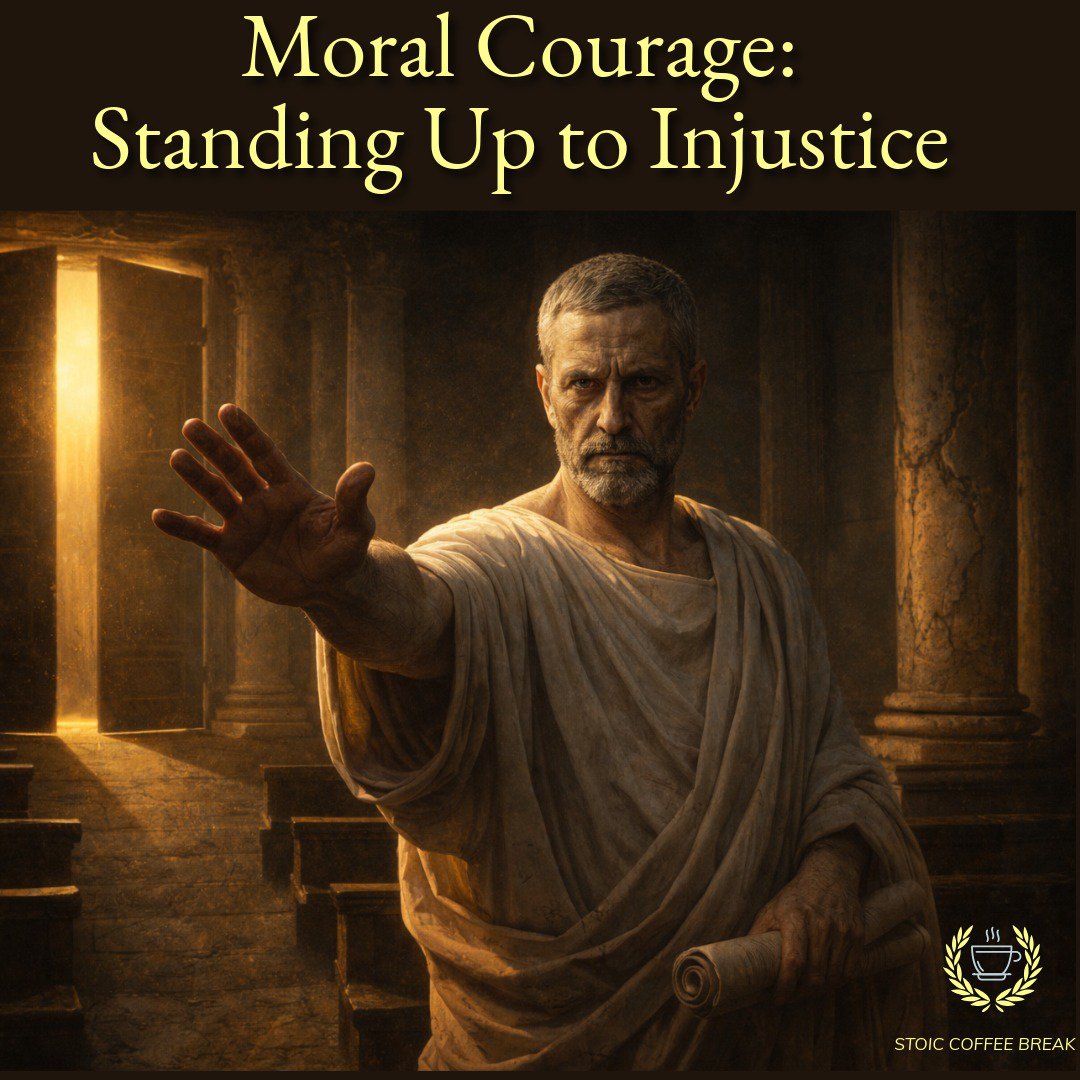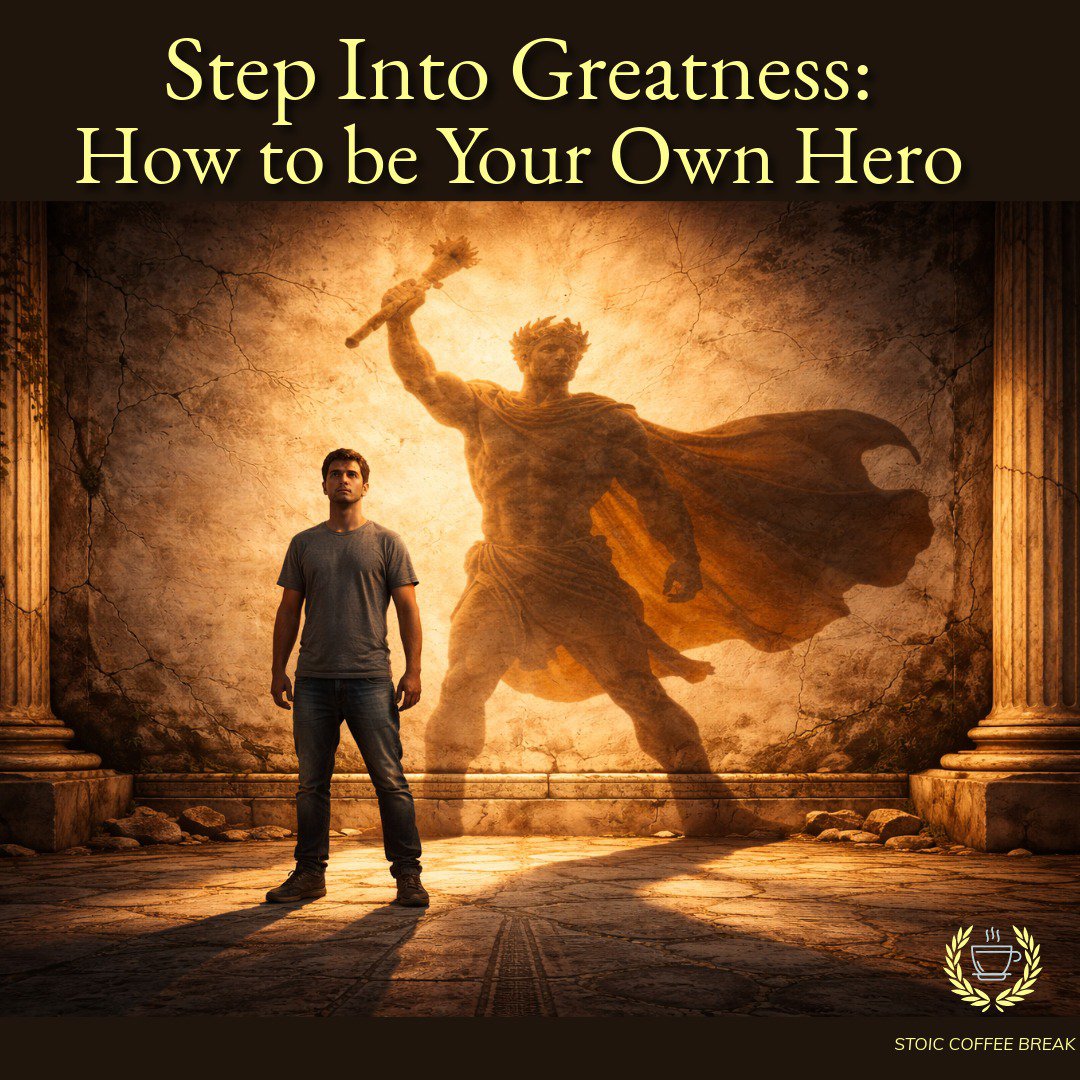
We all suffer heartbreak from time to time. It’s an inevitable part of life with other people. So how can we use Stoicism to help us move past a broken heart? Today, we’re going to discuss how this ancient philosophy has some great tools to mend and move forward.
”There can be no doubt that the desire lovers have for each other is not so very different from friendship – you might say it was friendship gone mad.”
—Seneca
Ah love, a many splendored thing. According to the Beatles, all we need is love. But sometimes, that love can hurt. When we love someone, it often feels like we’ve found our missing piece. We have someone to share life with, from our deepest fears and our crazy dreams, inside jokes, late night talks, to early morning breakfasts—all the big and little things that bring joy to our lives. We also feel less lonely in the world because we have someone to share it with.
Once it’s gone, we feel that loss. We miss the companionship of exploring the world with someone else. We miss sharing how our day was with that annoying coworker, showing them the hilarious meme we found, and even just the companionable silence of being snuggled up on the couch and watching a movie together. We’re often afraid that we’ll never find someone else that will fill that empty space in our lives.
So how can Stoicism help us through the sad times? Well first I want to talk about some ideas about love from a Stoic perspective.
Love is a Choice
Many people assume that love is something that just happens. You meet someone, the thunderbolt strikes, and BAM! You’re in love. But I want challenge this idea. I believe that love is not just something that happens, but is rather a choice. When I talk with people about this idea, they often give me a strange look because many people often confuse attraction with love. We may be attracted to someone when we meet them, and this can often feel like a powerful and almost overwhelming feeling, but it is not love.
Now, that’s not to say that it can’t turn into love. But let’s call it what it is. There’s nothing wrong with feeling attracted to someone. It means that we recognize something in them that we like. They might be a lot like us, share similar interests, or look a certain way that gets our motor running. They could also be very different than us, and challenge our thinking in a way that we find exciting. It’s often hard to pin down what we find attractive because often times we’re surprised ourselves when we meet someone that’s not “our type” yet we find them intriguing.
Love, on the other hand, is something that we choose to do. You can love someone without them feeling the same about you, and vice versa. And you can even choose to love someone who’s hurt you in very deep ways. But loving someone is an active choice.
Love Without Attachment
Stoicism teaches us that you should focus on controlling the things you can control—your own thoughts and actions. This means that when you are in a relationship, the only thing you have control over is how you show up in the relationship. Not what the other person feels, does, or says. This can be challenging because we often feel like that because we’re in a relationship with someone, they should behave a certain way because the “belong” to us. But as Epictetus reminds us:
“The object of your love is mortal; it is not one of your possessions.”
By recognizing that we don’t own or control the other person, we can focus on how we act in a relationship, and learn to love without attachment. And what do I mean by that? Aren’t we supposed to be attached to the person we love? Isn’t that what separates that person over everyone else? What I mean by loving without attachment is that we love the person for exactly who they are without trying to change them. We accept them, and we recognize that, because we cannot control them, they only need to change if they want to change. They don’t have to change because we want them to.
This doesn’t mean, however, that if they are doing things that are harmful to us that we need to stick around. We always have choices, and we need to choose what’s best for us. Remember, love is a choice, and we can still choose to love someone, even if we decide we need to leave.
Overcoming a Broken Heart
So how does this help us to overcome a broken heart?
By recognizing the difference between love and attraction, we can take the time to see if the reason we’re still feel an attachment to this person is because we are still attracted to them. You still might find them charming and fun. You can still be attracted to them physically. Just because you break up with someone doesn’t mean that all their attractive qualities suddenly disappear. You were attracted to them for a reason, and those attributes might still be there.
You can choose to love this person anyway, but remember that loving them is your choice. How they feel about you is not up to you. Just as you would love without attachment in a relationship, you do the same outside of a relationship, regardless of how close you are or not. By recognizing that you can’t control the other person’s feelings and actions, you let can let go of any expectations you might have of them. You focus on what you can control—your own emotions and actions.
It’s also important to examine all the other feelings you have for them. Are you bitter? Angry? Lonely? You might have an array of feelings towards this person because relationships are complex. Some of those feelings might even be conflicting. You might still love this person and yet may feel some resentment about things that happened in the relationship.
Practicing Forgiveness
Relationships are like a mirror, and usually what a relationship shows you are aspects of yourself that you don’t like. They can bring things to the surface that you need to work on. Those places of friction can be signals. They show you the places where you’re weak, and often it’s easier to blame the other person rather than take a hard look at yourself.
This is why the power of forgiveness is important.
It’s said that forgiveness is not for the other person, but for yourself. You don’t have to condone things they did, but holding onto the feelings of anger or bitterness do more harm to you than to the other person. When you hold on to those emotions, then you’re literally choosing to put yourself in bad mood. I think Confucius said it best:
“Holding on to anger is like holding onto a hot coal that you intend to throw at someone. You’re the one who gets burned.”
Part of the forgiveness process is to forgive yourself for the failures in the relationship. When I look back at my past relationships, there’s often some twinges of guilt and shame for how I behaved. There’s a part of me that wishes I could go back and change things and act in a way that was more kind and patient. But I also recognize that I was doing my best with the skills I had. I don’t excuse my behavior, but I take responsibility for it.
One of the best ways to help with forgiveness is to work on reframing the relationship. What I mean by this is that is because you can’t go back and change what happened, you can choose to look back and change your judgment about it. You can appreciate the good times you had. You can be grateful for what you learned from the other person, and the fact that you got to love deeply, even though you feel pain feel at the end. You can also explore the mistakes you made, and work on changing those things and hopefully make things better for your next relationship.
Jealousy
Jealousy is a common feeling when it comes to relationships. Jealousy comes from a feeling of possessiveness, that somehow the other person belongs to you, and so you might feel jealous that their affection is given to someone else. You might be jealous that your ex has moved on and seems to be thriving while you’re still struggling to move forward.
But there are some problems with jealousy. Jealousy assumes that someone else’s gain is your loss. That if they’re thriving that it comes at your expense, and this is simply not the case. Since you you don’t control the other person, nor their actions and feelings, you’re focusing on things outside of your control. Holding onto jealousy only creates bitterness in yourself, so again, it’s you choosing to feel a certain way about a situation that you can’t control.
This is another place where loving with attachment is crucial. Wish the other person well. Learn to be happy for their happiness. Celebrate their successes. Them being happy doesn’t detract from your own unless you let it.
Six months after I got divorced, my ex-wife got engaged, and I had several friends ask me if I was upset at the announcement. To me, it seemed like a silly question. I wanted her to find her happiness, just as I wanted to find my own. I wanted her to thrive, and hoped that her new marriage would turn out better than ours did. Her success had no bearing on my own. In fact, I saw that her being happy meant that my kids would be in a happy home when they weren’t spending time with me.
Validation
An interesting things that I’ve often observed with the ending of relationships is that we are often still attached to what our ex thinks of us. We’re still attached to wanting their validation. This is natural because they were a part of our lives in a deep and meaningful way. While in the relationship we wanted their validation, and their opinion of us mattered.
But the Stoics teach us that what others think of us outside of our control. The more we hold onto the opinions of others, the less control we have over ourselves. Take some time to notice if you’re still worried about your ex’s opinion of you. Are you checking in with mutual friends about the things they’ve said about you? Are you checking their social media posts? Learning to let go of what others think of you, not just in romantic relationships, but all relationships can help you to refocus on what you can control, namely your own thoughts and actions. It’s like my favorite life coach, Brooke Castillo reminds us:
“What other people think about you is none of your business.”
Transient Nature of Life and Relationships
So the Stoics teach us to practice memento mori, meaning to “remember you will die”, not because they’re morbid, but rather so we accept the transient nature of life. Just as all things and impermanent and must come to an end, all relationships come to an end. When a relationship ends, it has simply run its course, and often, just like as with our lives, it doesn’t always end when we want it to.
This can be especially hard because we’ve lost a future that we thought we would have. You projected out possibly spending the rest of your live with this person, and now that life is gone. You feel like you’ve lost something, even though when you look it rationally, you always knew it was possible that future would never happen. But when you consider that love and loss are all natural cycles of life, rather than mourning the end of a relationship, you can reflect on how its transience made it meaningful. The fleeting nature of love amplifies its beauty. Be grateful that you had the opportunity to love someone deeply. Musonius Rufus reminds us:
“Where there is a choice between loving and not loving, I choose to love."
Time for Growth
The time after a relationship ends can be incredibly challenging. There’s often loneliness and feelings of worthlessness and failure. You may feel lost as you try to navigate life without the other person. But these times of transition are an opportunity for you to grow. Instead of trying to “move on” quickly, embrace the transition and the opportunity to redefine your life on your terms.
This is a time to practice courage and rebuild your life back better. The Stoics ask us to look at challenges in our lives as times where we can practice virtue. You have the opportunity to practice justice, meaning how you treat others, by working on forgiveness and compassion. You can practice wisdom by reflecting on the relationship and see where you could have done better, not with regret, but with compassion for yourself, and with eye towards improvement.
You can also reflect on what emotions you’re holding onto, and work on resolving them. As I mentioned before, the more you hold onto bitterness and resentment, the more time you spend feeling those negative emotions which don’t harm the other person, but rather harm yourself. Remember what Marcus Aurelius wrote:
“Take away your opinion, and then there is taken away the complaint, ‘I have been harmed.’ Take away the complaint, ‘I have been harmed,’ and the harm is taken away.”
Or as Confucius taught:
“To be wronged is nothing, unless you continue to remember it.”
You also have the opportunity to make some big changes in your life. Are there things you put off because your partner wasn’t supportive? Are there dreams that you wanted to pursue, but never had the time to do so? This is your chance.
If you are struggling with jealousy, rather than worrying about what your ex is doing and if they’re thriving, build the kind of life they would be jealous of. Take all that energy and build your life into something amazing. Be careful that you don’t do it out of a place of bitterness or vindictiveness, but rather out of a place of love for yourself.
Conclusion
Love and relationships are challenging, and the ending of a relationship can leave you feeling broken and lost. But all relationships come to an end at some point, so learning to navigate this time of transition is something that we all must learn. Working through all the difficult emotions with wisdom and compassion can help you come out stronger on the other side. Taking the time to reflect on the good parts can help you feel gratitude. And lastly, it’s a time for transitioning your life into something even greater, like a phoenix rising from the ashes and burning even brighter than before.
Find out more at https://stoic.coffee
Watch episodes on YouTube!
Find me on linkedIn, instagram, twitter, or threads.
Thanks again for listening!


